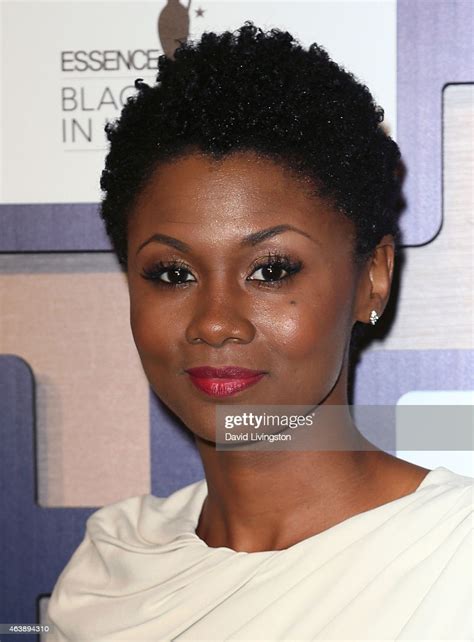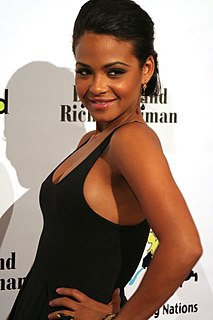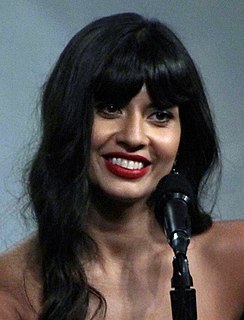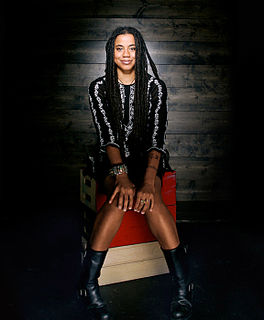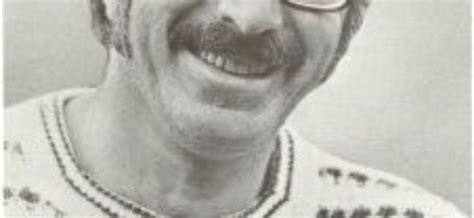A Quote by William Carlos Williams
Writing is not a searching about in the daily experience for apt similes and pretty thoughts and images… It is not a conscious recording of the day’s experiences ‘freshly and with the appearance of reality’… The writer of imagination would find himself released from observing things for the purpose of writing them down later. He would be there to enjoy, to taste, to engage the free world, not a world which he carries like a bag of food, always fearful lest he drop something or someone get more than he.
Quote Topics
About
Always
Appearance
Apt
Bag
Carries
Conscious
Daily
Daily Experience
Day
Down
Drop
Engage
Enjoy
Experience
Experiences
Fearful
Find
Food
Free
Free World
Get
Himself
Images
Imagination
Later
Lest
Like
More
Observing
Pretty
Purpose
Purpose Of Writing
Reality
Recording
Released
Searching
Someone
Something
Taste
Than
Them
Things
Thoughts
Which
World
Would
Would Be
Writer
Writing
Related Quotes
I saved letters from my boss. There are things in there that are directly transcribed. I was so glad I did that. Sometimes when I was writing the book I wondered if some little writer hobbit part of my brain was back there puppeteering that action. But it really never, on any conscious level, occurred to me that I would write about it. I will say, I thought probably some day there would be an ancillary character in some novel - not in the one I was currently writing - that would be a dominatrix or something.
The writing process is more... it becomes a case of more like a diary for me. I mean, I write stuff down all day whenever I'm experiencing something that I think would be important for me to look at later on. You know, whether it be for writing lyrics or just for a memory, like, 'Oh, my gosh, I can't believe I was feeling that way at that time'.
Writing is not a job or activity. Nor do I sit at a desk writing for inspiration to strike. Writing is like a different kind of existence. In my life, for some of the time, I am in an alternative world, which I enter through day-dreaming or imagination. That world seems as real to me as the more tangible one of relationships and work, cars and taxes. I don't know that they're much different from each other.
When I was a model at 15, I was eating one red pepper a day, and if I had a big day of castings, I would survive off a bag of Haribo, which gave me the 500 calories a day that would keep me alive. I was congratulated daily on my appearance - the more vertebrae upon my back you could count, the better my auditions went.
One of the challenges in writing the script Call Me by Your Name was that I had to find something concrete for the professor to do. In the book he is some kind of classics scholar. But I thought it would be interesting to make him into something of an art historian and archaeologist whose background was the classical world. It's always difficult when someone is supposed to be an intellectual. What do they do? You can't just film them sitting around and thinking all day. And that's what the business of the statues is all about.
Some people think I am an issue-oriented writer, but I've never said to myself, I'm gong to write about such-and-such an issue - that would make for incredibly boring writing, at least to my taste. Creating someone I don't know and her made-up world shows us more about who we are - is actually a better mirror - than if I were to parade in front of you an instantly recognizable person in an instantly recognizable situation. I'm not saying, Let's make it all abstract and weird and difficult and thereby you will know more about yourself. My process is much more organic than that.
The act of writing bears something in common with the act of love. The writer, at his most productive moments, just flows. He gives of that which is uniquely himself. He makes himself naked, recording his nakedness in the written word. Herein lies some of the terror which frequently freezes a writer, preventing him from producing. Herein, too, lies some of the courage that must be entailed in letting others learn how one has experienced or is experiencing the world.
I didn't learn how to read and write until pretty late, and it was this very mysterious, incredible thing, like driving, that I didn't get to do. And then I started writing things down on little scraps of paper and I would hide them. I would write the year on them and then I would stuff them in a drawer somewhere. But I didn't start to really read until about eight. I'm dyslexic, so it took a long time.
When I was writing 'The Windup Girl' and 'Ship Breaker,' I was writing those simultaneously, so I was an unpublished writer, not really having that full sense that these books would go out in the world, that they would be successful, that there would be an audience and that there would be fans of those stories.



